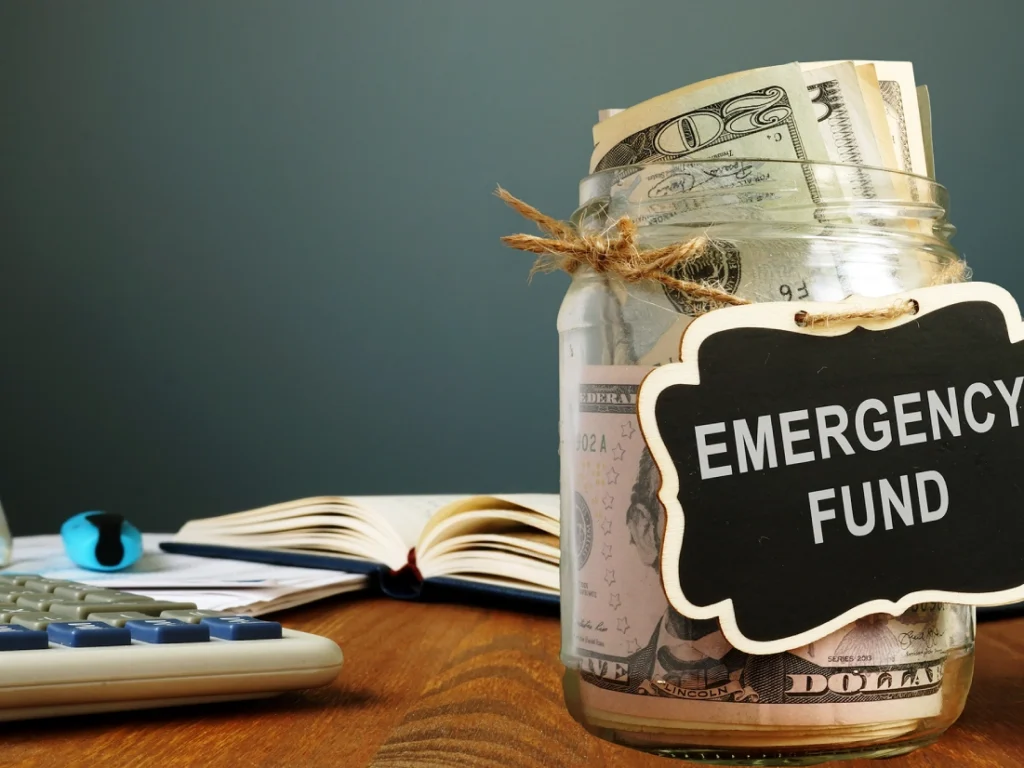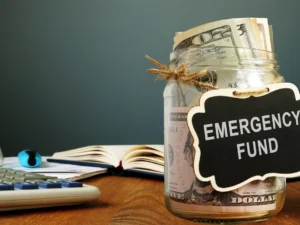Summary
Life throws curveballs, especially with your finances. Don't let unexpected emergencies derail you! Discover how to reclaim control, ditch the stress, and build a solid plan for whatever comes next.
One day, everything is fine. The next day, your car breaks down, you get hit with a medical bill, or you potentially face job loss. These kinds of crises can cause anyone to snap into panic mode.
But instead of falling into fear, let’s make sure you have a game plan so that financial stability is always on standby. Now, let’s build your financial first aid kit for navigating financial setbacks.
1. Assess the Damage
First things first, take a look at the situation and figure out the financial impact. How much do you need, and how soon do you need to have those funds?
Next, check your bank accounts, emergency funds, and any immediate sources of relief (side hustles, savings, or family support) then organize your action plan. Consider looking into additional streams of income like joining the gig economy or selling used items.
💡 Emergency Fund: It is critical to build an emergency fund in case of unexpected financial difficulties. This fund should include at least three to six months’ worth of living expenses to help hold you over if you lose your source of income or are hit by an unexpected, sizable expense.
Without an emergency fund, many people resort to high-interest credit cards or loans, which can spiral into long-term debt. A well-funded safety net provides stability, reduces financial stress, and allows you to focus on solutions instead of scrambling to cover immediate costs.
Now that you have a dollar amount in your mind, let’s dive into responding well to any financial emergency.
2. Prioritize Essential Expenses
It’s time to streamline. You will want to limit spending to your core essentials. Focus on covering the basics such as shelter, utilities, food, transportation, and any necessary insurance.
If you don’t already have a budget, now’s the time to list all your expenses, and separate needs from wants. Moving forward, your budget is your best friend, and guide, to staying financially on track!
Unnecessary expenses such as subscriptions, dining out, and impulse buys, can all wait until you are on solid footing.

3. Contact Creditors & Service Providers
Don’t ignore bills you can’t pay! Always communicate. Additional measures can be taken to further reduce expenses and protect your credit.
Many lenders, utility companies, and landlords offer hardship programs, payment extensions, or reduced payments during financial distress. Call them, explain your situation, and ask about your options before you fall behind.
4. Explore Assistance Programs
There are resources designed to help during these kinds of circumstances. Depending on your situation, you may qualify for a range of these programs including:
- OneUnited Bank’s short-term loan, CashPlease, offers quick relief without the hassle of a credit check or the risk of a payday lender.
- Unemployment benefits help temporarily bridge the financial gap while you search for a new job if job loss is the issue. Apply as soon as possible after you realize there has been a financial impact.
- Government aid like SNAP (food assistance) or LIHEAP (utility assistance).
5. Protect Your Financial Future
Once the financial emergency is under control, take proactive steps to prevent the next one.
Start, or rebuild, your emergency fund. Consider insurance coverage for medical, auto, or home issues that could lead to financial stress. Prioritize best financial practices such as living below your means and regularly investing whenever you have excess income.
By working on these tasks consistently, you are shaping up to build financial stability. Weathering hardships is much easier when you plan ahead and build positive money habits.
Don’t let a setback define your financial future, use it as motivation to improve your financial wellness.


















